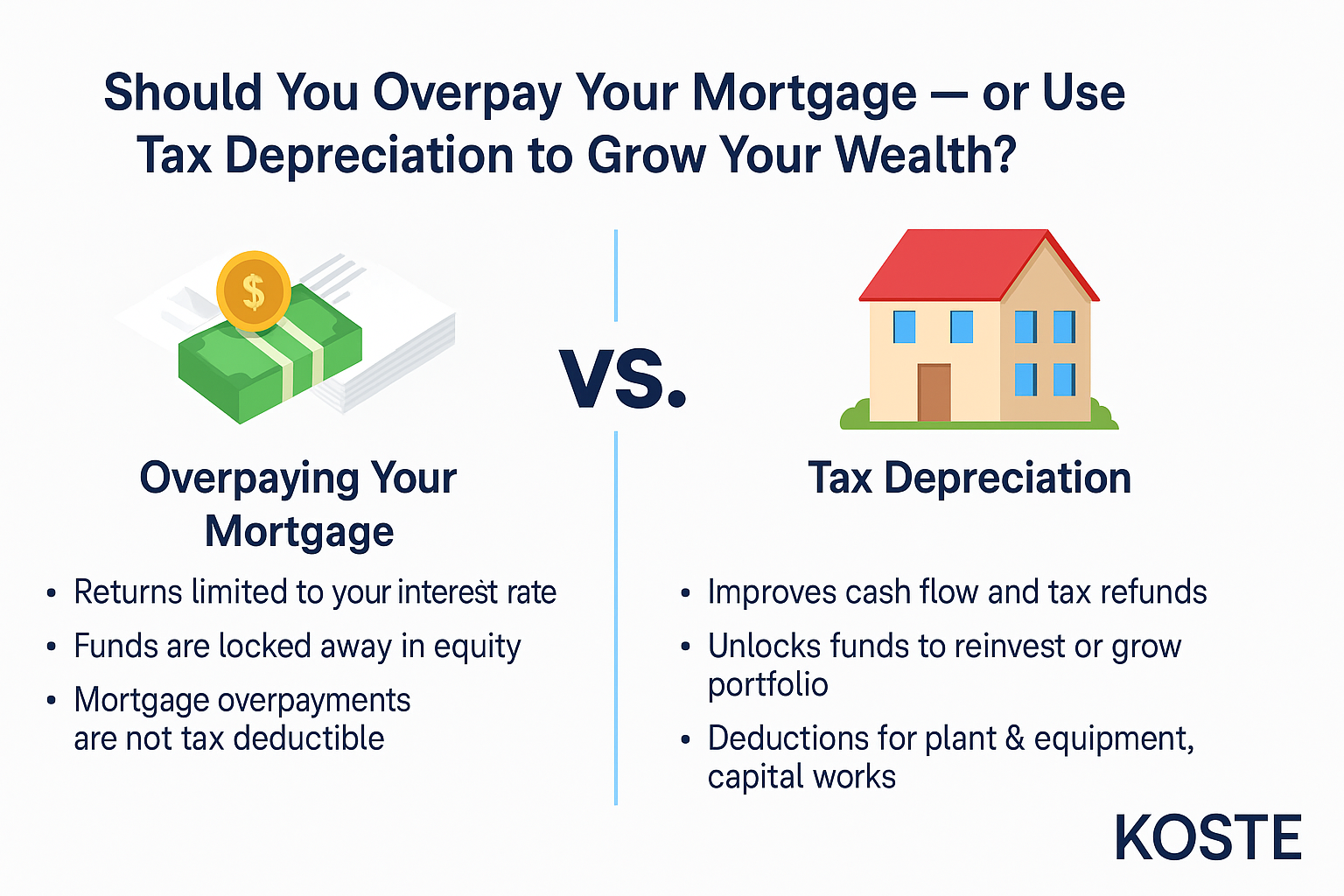
Can I revise my tax return after two years?
Individuals, trusts, partnerships, and corporations may make mistakes when filing their income tax returns for a variety of reasons. For this reason, all taxpayers are permitted to amend their returns within the authorised timeframes.
There are no actual limitations on the topics that can be amended, including unclaimed depreciation and building allowance deductions. Typically, a taxpayer has either two or four years to alter their tax returns.
Individuals and tiny organisations
Individuals have two years from the date the relevant notice of assessment was issued by the Australian Taxation Office to make changes to a particular tax return.
For instance, if an individual received a notice of assessment on 1 November 2018, they would have until 31 October 2020 to file an amendment. This amendment period also applies to small business entities, which are broadly defined as entities conducting business in the income year with a total turnover of less than $10 million in the prior year.
The amendment period for businesses that do not meet this definition is four years from the date the assessment notice was issued.
Additionally, the four-year period applies to a person who was a beneficiary of a trust at any point during the applicable year. Unless the trust qualifies as a “small business entity” for that year or the trustee qualifies as a full self-assessment taxpayer for that year, this is the case.
Corporations, partnerships, and charities
The general amendment period for corporations and trusts is four years following the issuance date of the assessment notice. Nonetheless, the period is two years for corporations, partnerships, and trusts that meet the aforementioned definition of a small business entity.
How can I modify my tax return?
The Australian taxation system is “self-assessing” in the sense that taxpayers are permitted to submit their own tax returns and amendments, which are accepted at face value. However, this does not mean that taxpayers will not be subject to audit and review in the future, despite having received an ATO refund payment.
In the event of an audit or review, it is crucial that taxpayers have sufficient evidence to support their claims (such as quantity surveyors’ reports in the case of depreciation and building allowance deductions) and that claims are appropriately described and labelled in amendments.
Content sourced from BDO. Please contact Jessica Hauber at [email protected] or 02 9240 9785 for more information.
Maximise property tax depreciation
Get a Free Quote today
Koste are the leading providers of commercial Tax Depreciation reports. Whether you are a tenant completing a fit-out or landlord recently purchasing a property we can help.

